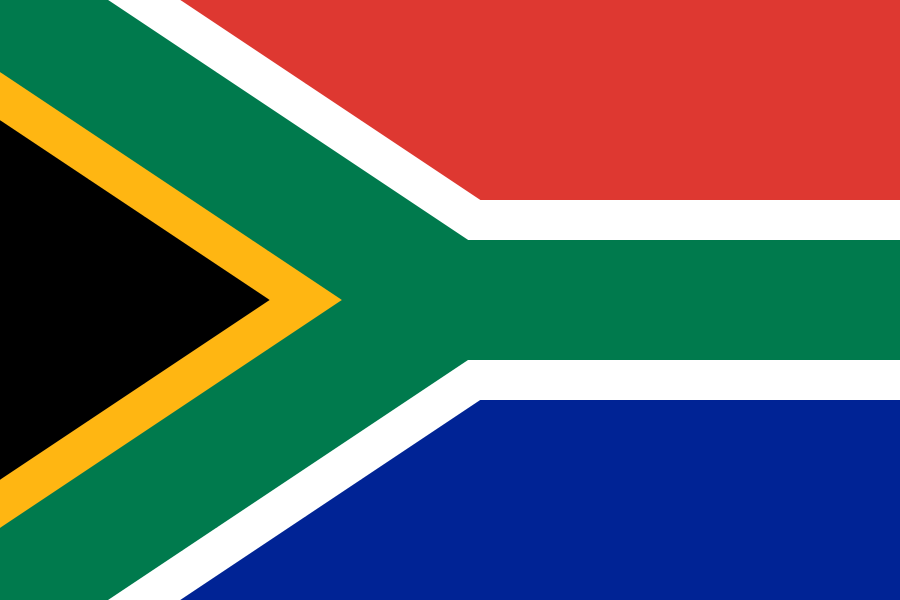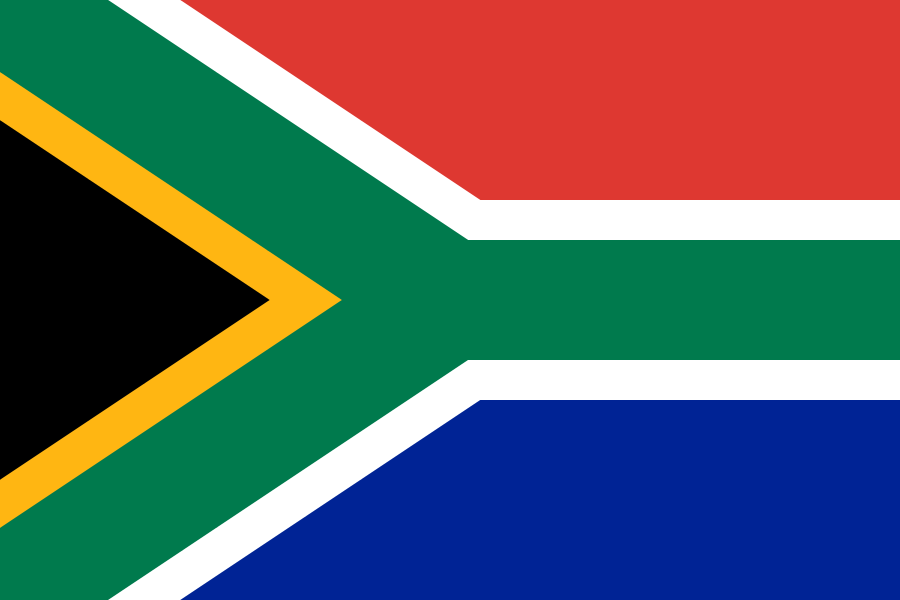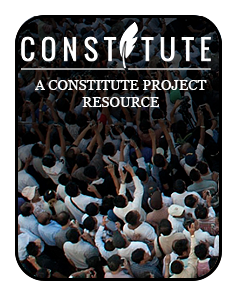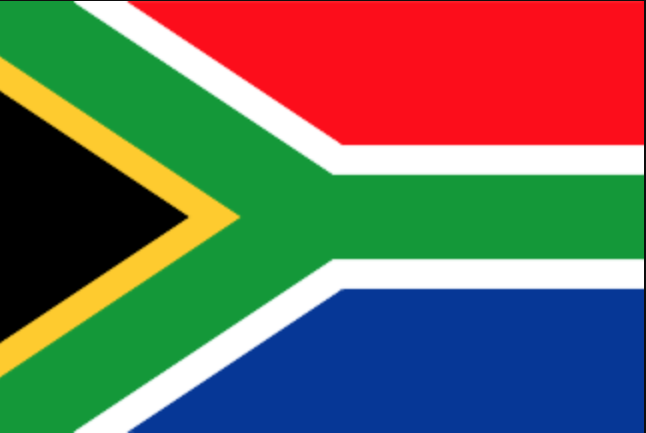Dutch traders landed at the southern tip of modern day South Africa in 1652 and established a stopover point on the spice route between the Netherlands and the Far East, founding the city of Cape Town. After the British seized the Cape of Good Hope area in 1806, many of the Dutch settlers (Afrikaners, called "Boers" (farmers) by the British) trekked north to found their own republics in lands taken from the indigenous black inhabitants. The discovery of diamonds (1867) and gold (1886) spurred wealth and immigration and intensified the subjugation of the native inhabitants. The Afrikaners resisted British encroachments but were defeated in the Second South African War (1899-1902); however, the British and the Afrikaners, ruled together beginning in 1910 under the Union of South Africa, which became a republic in 1961 after a whites-only referendum. In 1948, the Afrikaner-dominated National Party was voted into power and instituted a policy of apartheid - the separate development of the races - which favored the white minority at the expense of the black majority. The African National Congress (ANC) led the opposition to apartheid and many top ANC leaders, such as Nelson MANDELA, spent decades in South Africa's prisons. Internal protests and insurgency, as well as boycotts by some Western nations and institutions, led to the regime's eventual willingness to negotiate a peaceful transition to majority rule. The first multi-racial elections in 1994 following the end of apartheid ushered in majority rule under an ANC-led government. South Africa has since struggled to address apartheid-era imbalances in decent housing, education, and health care. ANC infighting came to a head in 2008 when President Thabo MBEKI was recalled by Parliament, and Deputy President Kgalema MOTLANTHE, succeeded him as interim president. Jacob ZUMA became president after the ANC won general elections in 2009; he was reelected in 2014.
South Africa is a parliamentary republic.
Source: CIA World Factbook
Members:
Resources
Displaying 16 - 20 of 94Prevention of Illegal Eviction from and Unlawful Occupation of Land Act
To provide for the prohibition of unlawful eviction; to provide for procedures for the eviction of unlawful occupiers; and to repeal the Prevention of Illegal Squatting Act, 1951, and other obsolete laws; and to provide for matters incidental thereto.
Constitution of South Africa 1996 (rev. 2012)
The constitution was promulgated by President Nelson Mandela.
Interim Protection of Informal Land Rights Act, 1996
To provide for the temporary protection of certain rights to and interests in land which are not otherwise adequately protected by law; and to provide for matters connected therewith
Interim Protection of Informal Land Rights Act, 1996
To provide for the temporary protection of certain rights to and interests in landwhich are not otherwise adequately protected by law; and to provide for matters connected therewith.






